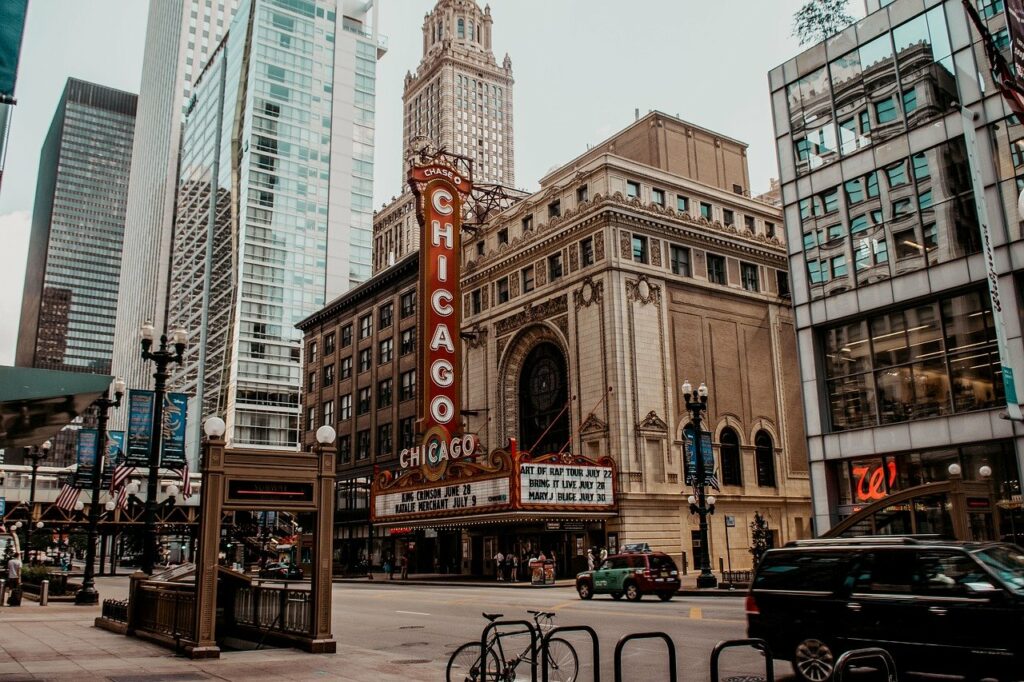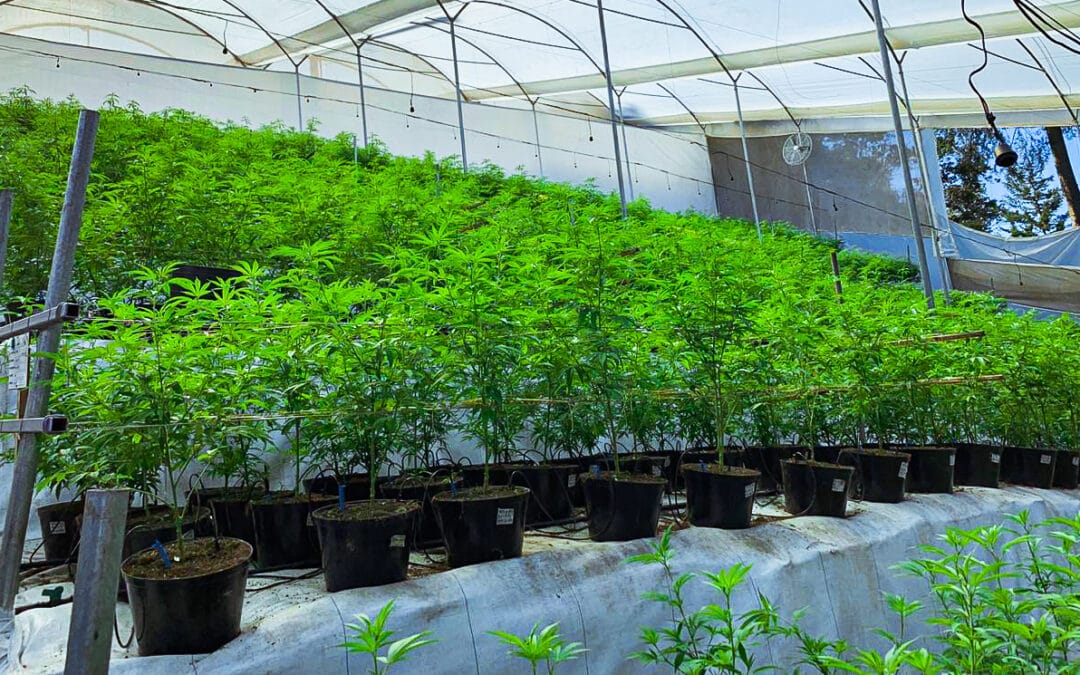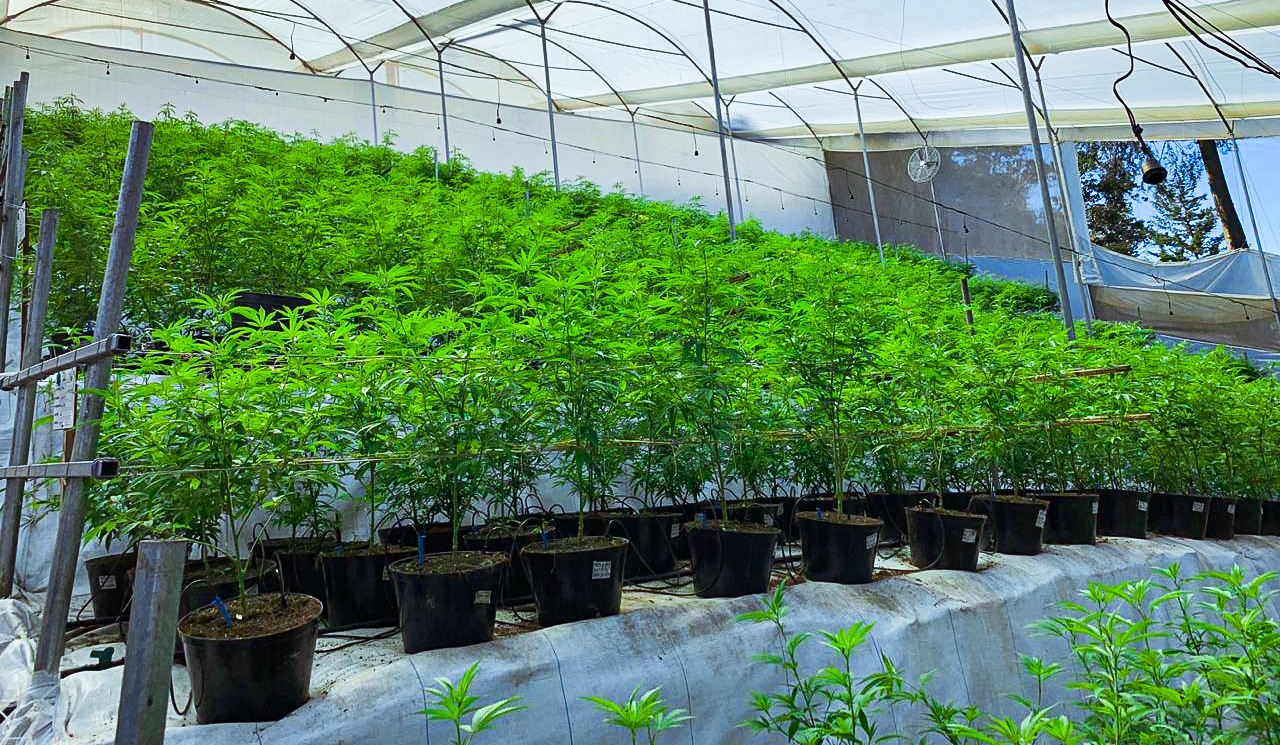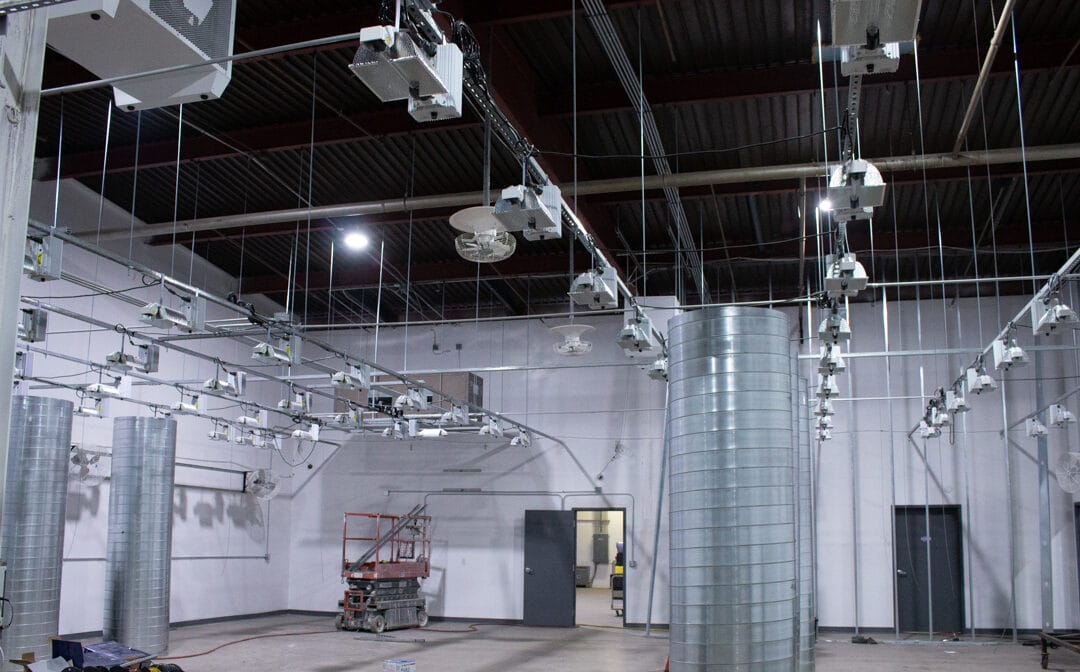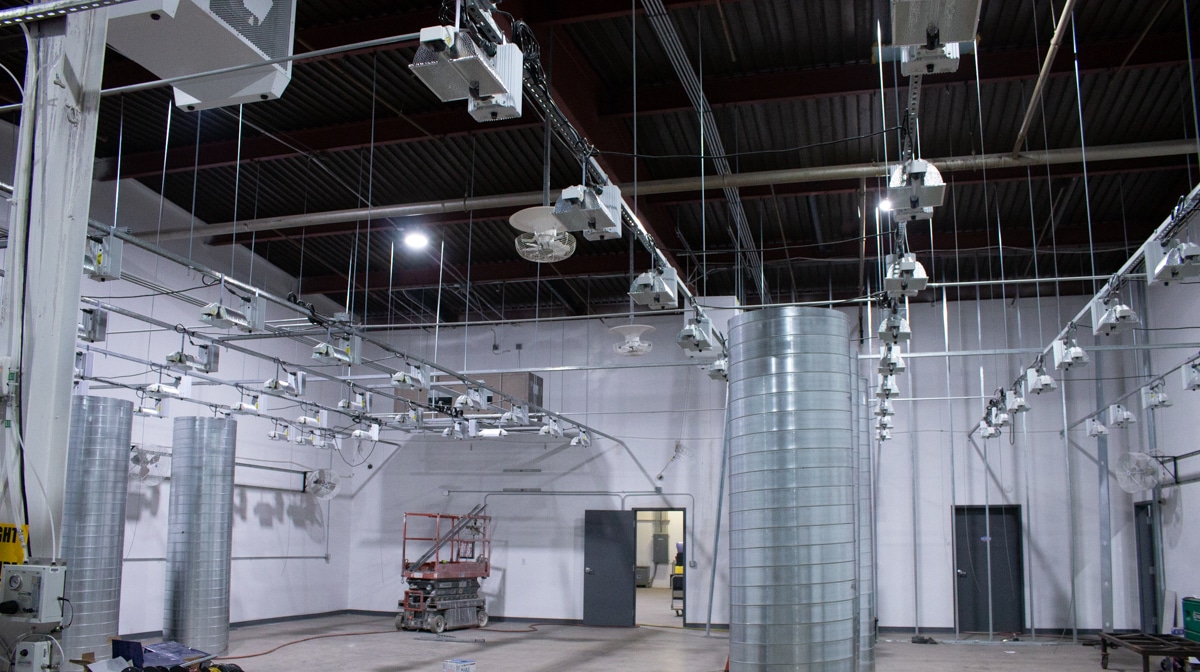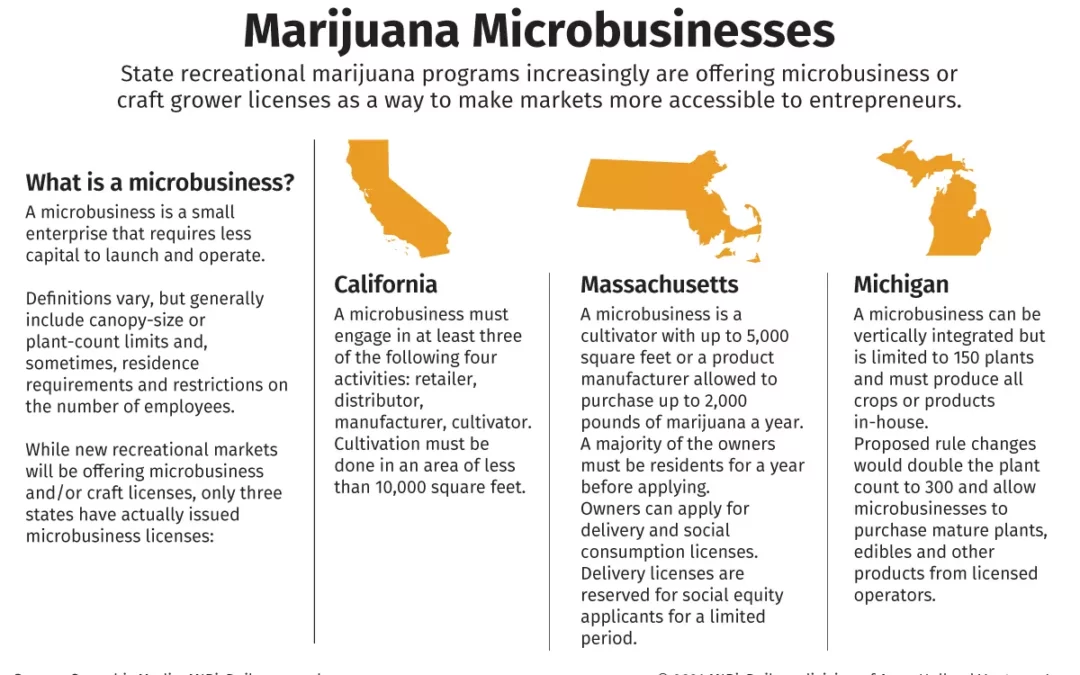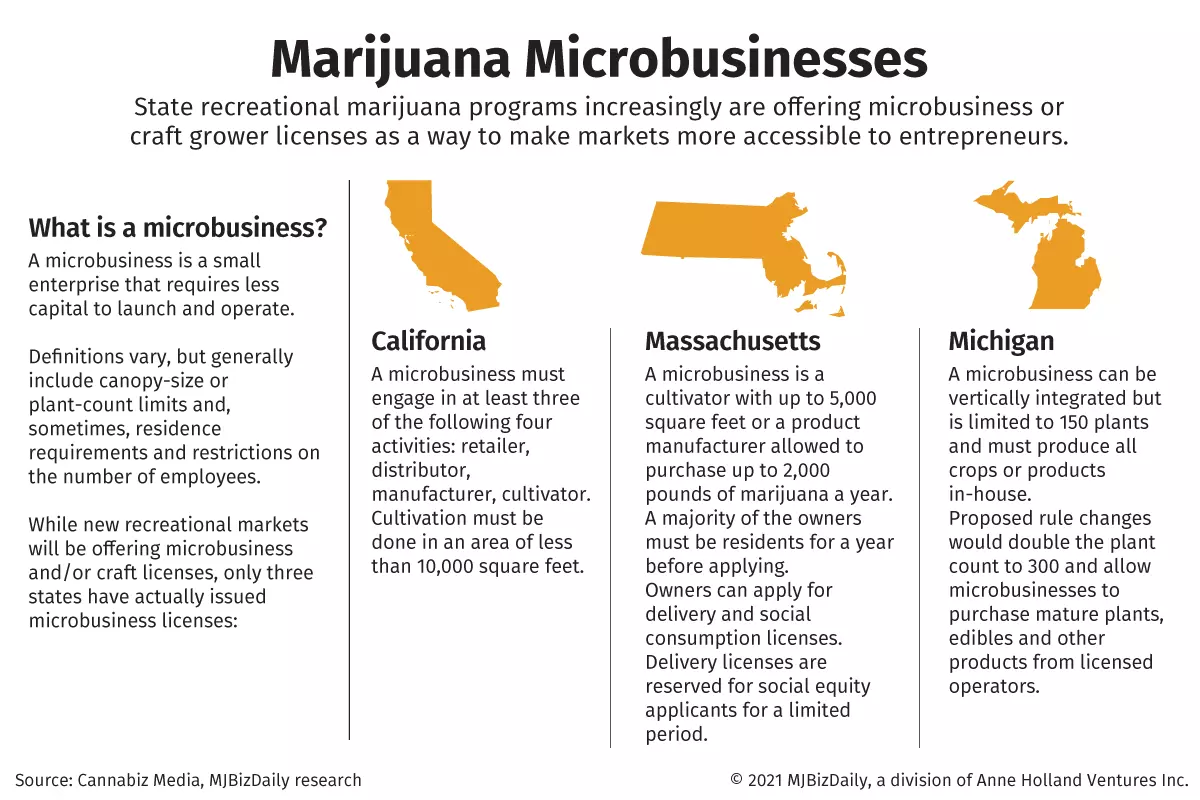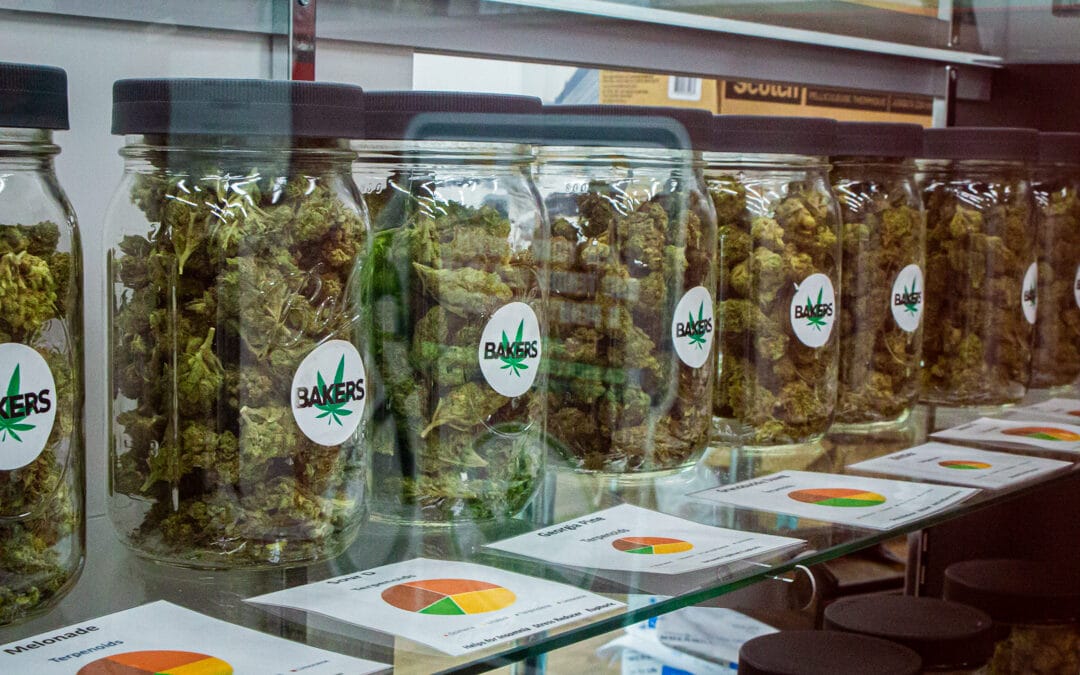
Connecticut cannabis retail license applications surpass 15,000
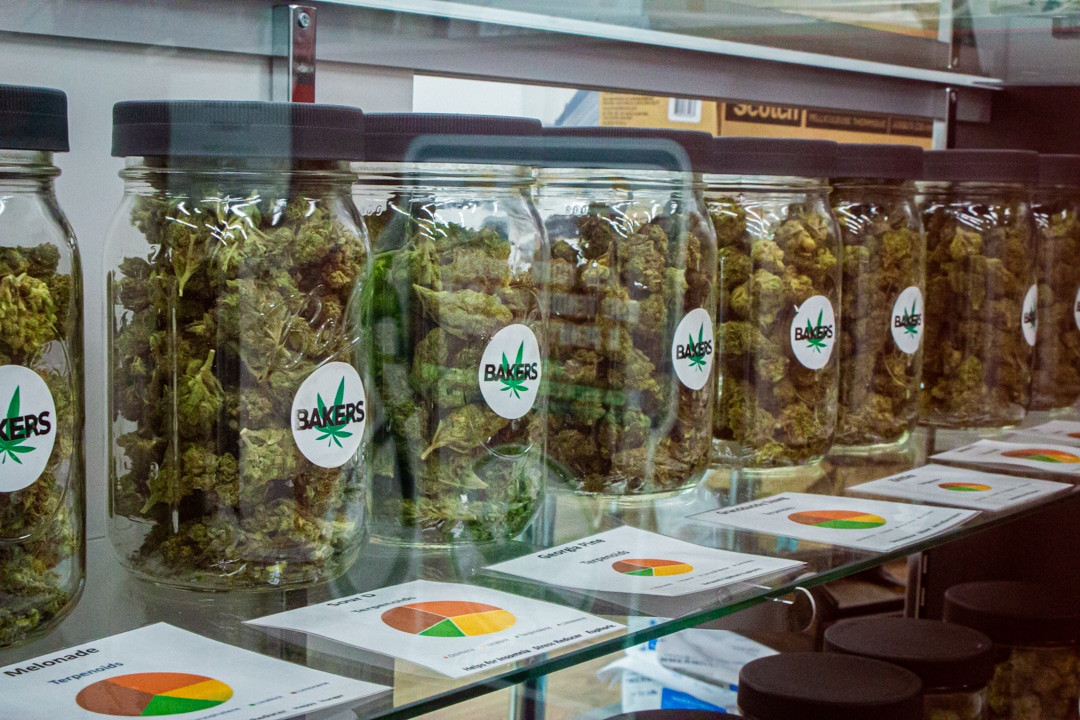
Over 15,000 thousand people submitted applications for Connecticut cannabis cultivation licenses before the deadline this week. However the state is only handing out about a dozen licenses to start.
The state reported on Friday that they received over 8,000 applications just for the six social equity licenses they will be handing out. Additionally the state received another 7,000 applications for the general lottery.
The general lottery pool will reward adult-use Connecticut cannabis retail licenses.
The first lottery for social equity applicants seeking Connecticut cannabis retail licenses is expected to happen this week. After being chosen, the applicants will still need to be reviewed for eligibility before the general lottery can proceed.
There was no limit placed on how many applications one person could submit, making it likely that multiple applications were submitted on behalf of one individual. The large number of applications for so few licenses could be explained in part by this factor.
An additional 1,800 applications were submitted for micro-cultivator licenses. This license allows a licensee to grow in spaces between 2,000 and 10,000 square feet (3,048 meters). Other Connecticut cannabis retail licenses will be available to sell medical marijuana, operate delivery services, make cannabis infused food and beverages and other cannabis products, as well as package and transport products.
Connecticut legalized adult-use cannabis last July. The law allows residents over the age of 21 to legally possess up to 1.5 ounces of marijuana, or up to 5 ounces locked at home or in a vehicle’s glove box or trunk.
But retail recreational cannabis stores are not expected to begin operating in the state until late this year at the earliest.


